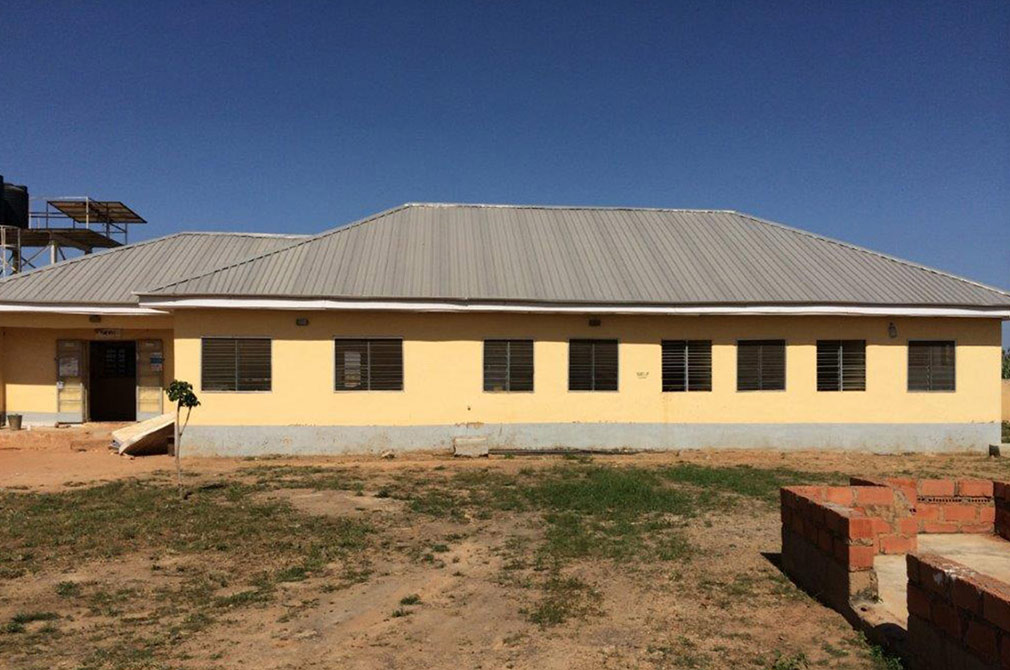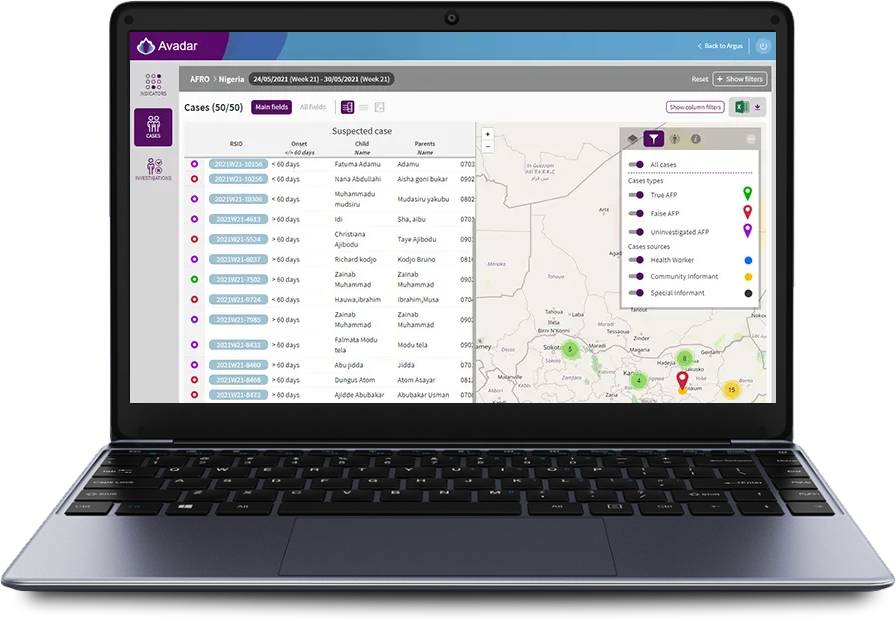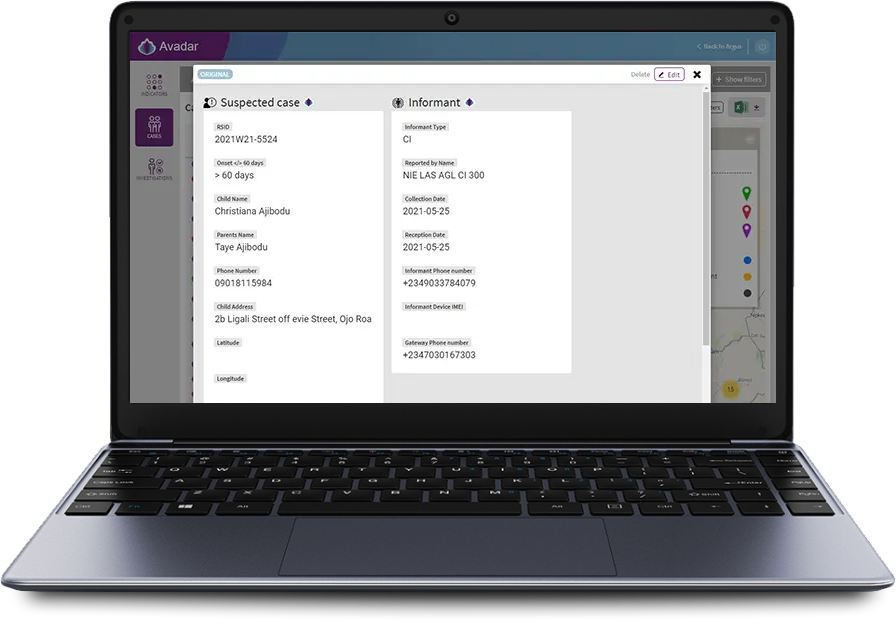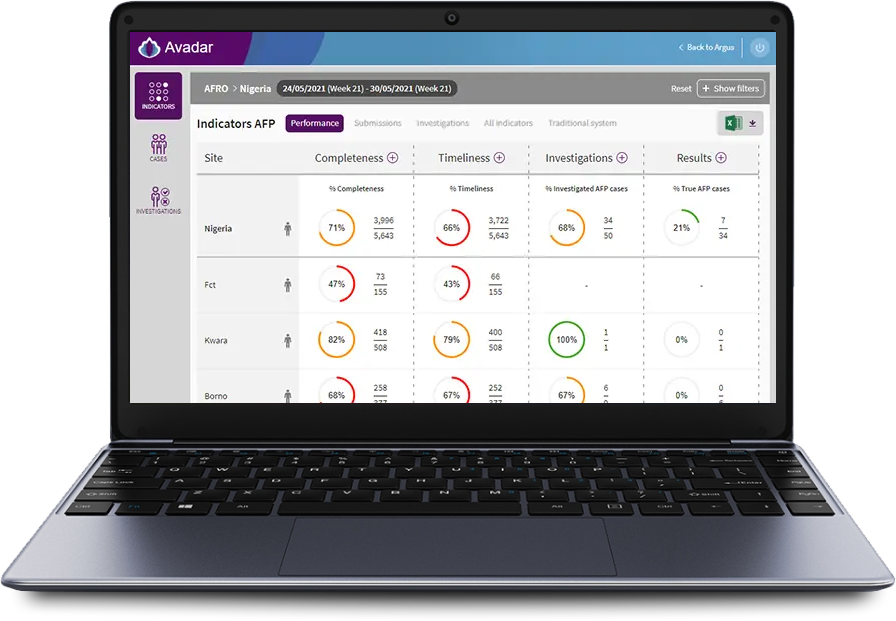Objectives
- Increase surveillance sensitivity in the most remote or security compromised areas
- Decrease emergency response time by enabling early case detection
Description
Avadar is a community-based AFP surveillance tool that’s been helping communities since 2017 by engaging local informants to report AFP cases in hard to reach and/or security compromised areas.
The solution has been recently improved to support the reporting of other diseases in addition to AFP.
AVADAR is a digital solution designed to improve sensitivity and timeliness of existing disease surveillance systems. The platform included a mobile app which can be used by Community Informants to produce case leads and a web application for monitoring and action by public health officials.
The AVADAR mobile app for Community Informants is easy-to-use and requires minimal training. The app can function offline until it detects a network, then uses SMS or internet to automatically sync with a central server. 30-second multimedia materials illustrating disease symptoms support Community Informants for detecting and reporting cases.
A message is also automatically played once a week to remind Community Informants to report suspected cases.
AVADAR alerts are automatically forwarded by SMS to disease surveillance officers working in the vicinity of the case so that they can confirm its validity through a formal investigation.
The AVADAR web application features a dashboard of performance indicators and an interactive case map.
The map allows program managers and other stakeholders to monitor the nearly real-time progress of Community Informant reporting, see resulting investigations and make informed decisions.
20K
9K
1K

Geographic deployment
Burkina Faso, Cameroon, Chad, Democratic Republic of Congo, Liberia, Mali, Niger, Nigeria, Sierra Leone, South Sudan, The Central African Republic
Context
Polio eradication depends on the surveillance of Acute Flaccid Paralysis (AFP) in the community. The surveillance systems must be sensitive enough to detect and report cases of AFP promptly so that each instance can be investigated and confirmed by disease surveillance personnel.
Routine public health surveillance normally detects an AFP case when an affected person visits a health facility. But when disease occurs in individuals who cannot access a health facility due to location, cost or preference, the case is not recorded.









